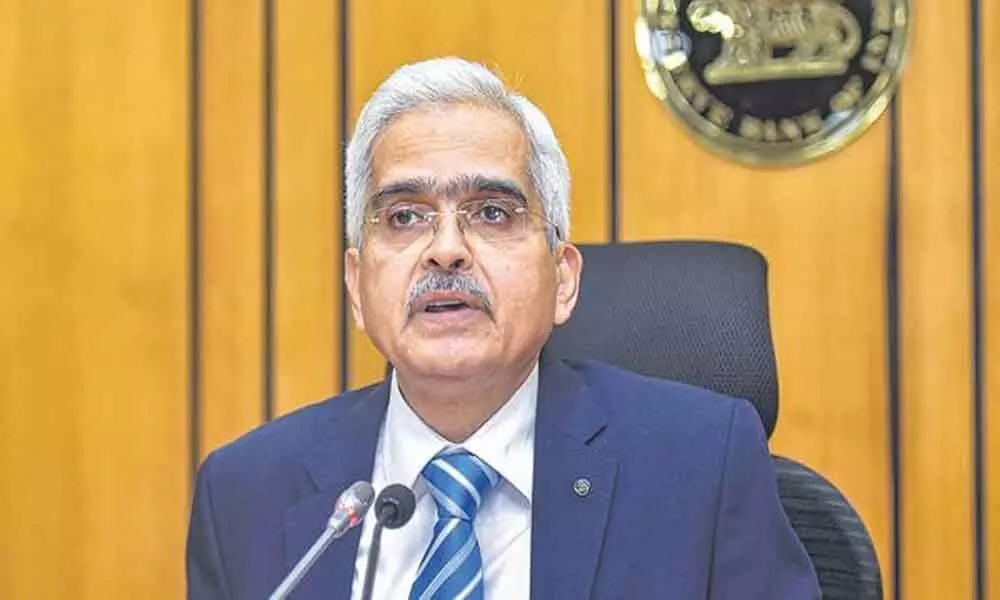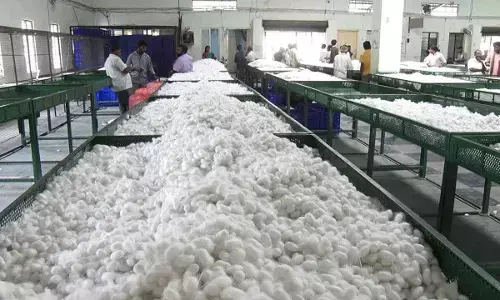COVID-19 Impact: RBI Announces Repo Cut By 75 Basis Points To Spur Growth
 Governor of the Reserve Bank of India (RBI) Shaktikanta Das
Governor of the Reserve Bank of India (RBI) Shaktikanta DasThe Governor of the Reserve Bank of India (RBI) Shaktikanta Das announced on Friday a sizeable reduction in Repo Rate 75 BPS from 5.1 to 4.4 to spur growth.
The Governor of the Reserve Bank of India (RBI) Shaktikanta Das announced on Friday a sizeable reduction in Repo Rate 75 BPS from 5.1 to 4.4 to spur growth. The RBI Governor addressed the media on Friday via video conference. In a significant move, he also announced a Reverse Repo Cut by 90 to 4. Das said the Liquidity Adjustment Facility (LAF) cut to 4 will provide a stimulus to the economy, in these difficult times.
The RBI Governor announced a moratorium on all bank loans for three months.
Das predicted that the global economy is likely to slip into recession and the outlook for 2020-21 is bleak. The situation of the economy depends on the duration of COVID-19, he pointed out.
Shaktikanta Das said, "time will tell how we have been able to restrict the adverse impact on our growth." The RBI Governor also predicted that the global slowdown could reverse the adverse trend in Indian economy, he said. The country has not seen such an uncertain outlook ever, he pointed out. The projection of growth and inflation depends on the containment of COVID-19.
The RBI Governor said that food inflation could be heightened and that the primary focus at this point is to shield the Indian economy. All banks must ensure that credit flow is maintained, he said.
Shakikanta Das said that strong fiscal measures are necessary to deal with the critical economic situation. The RBI Governor pointed out that authorities all over the world are grappling with a similar economic situation. Early containment of COVID-19 could stimulate the economy and spur growth. RBI is making every effort to preserve financial stability and ensure that functioning of the market remains normal, he added.









